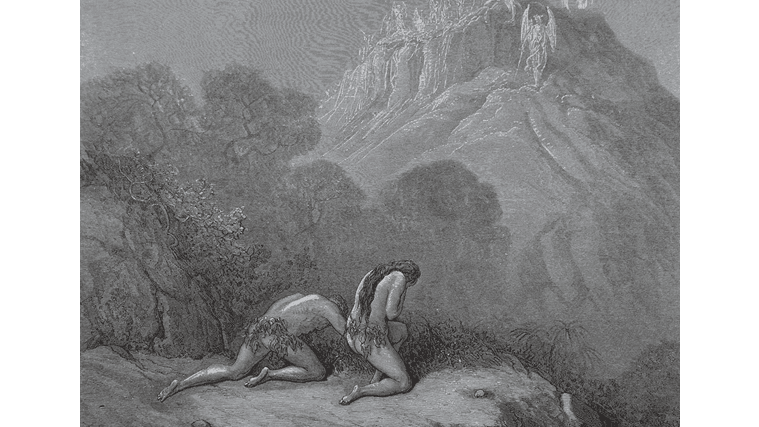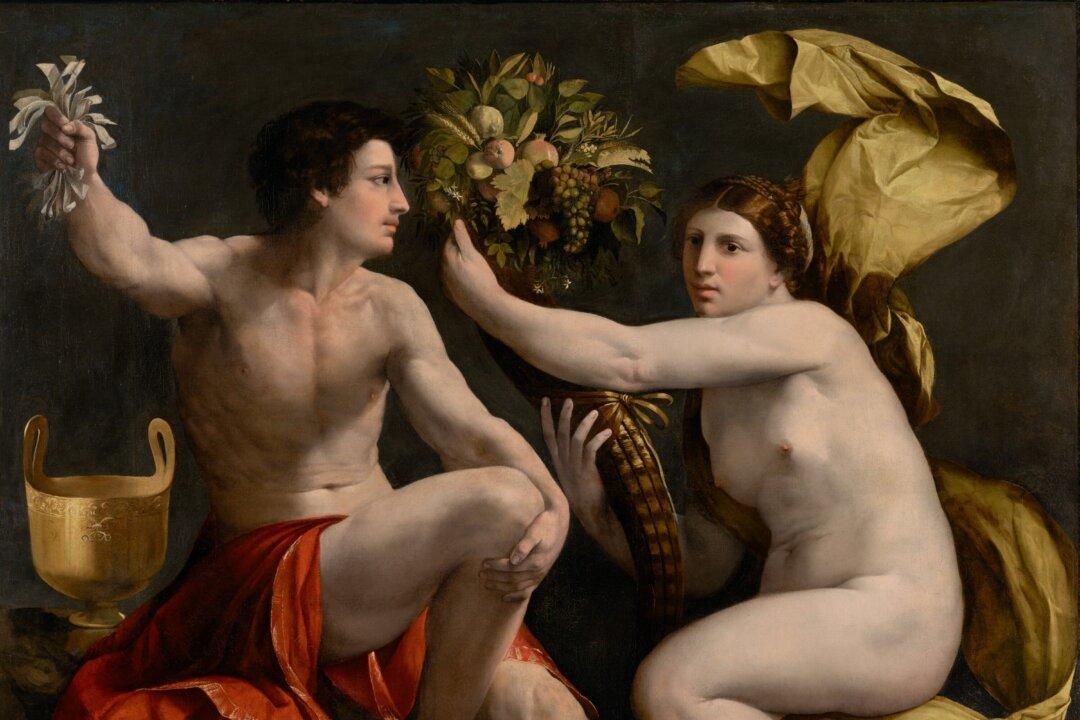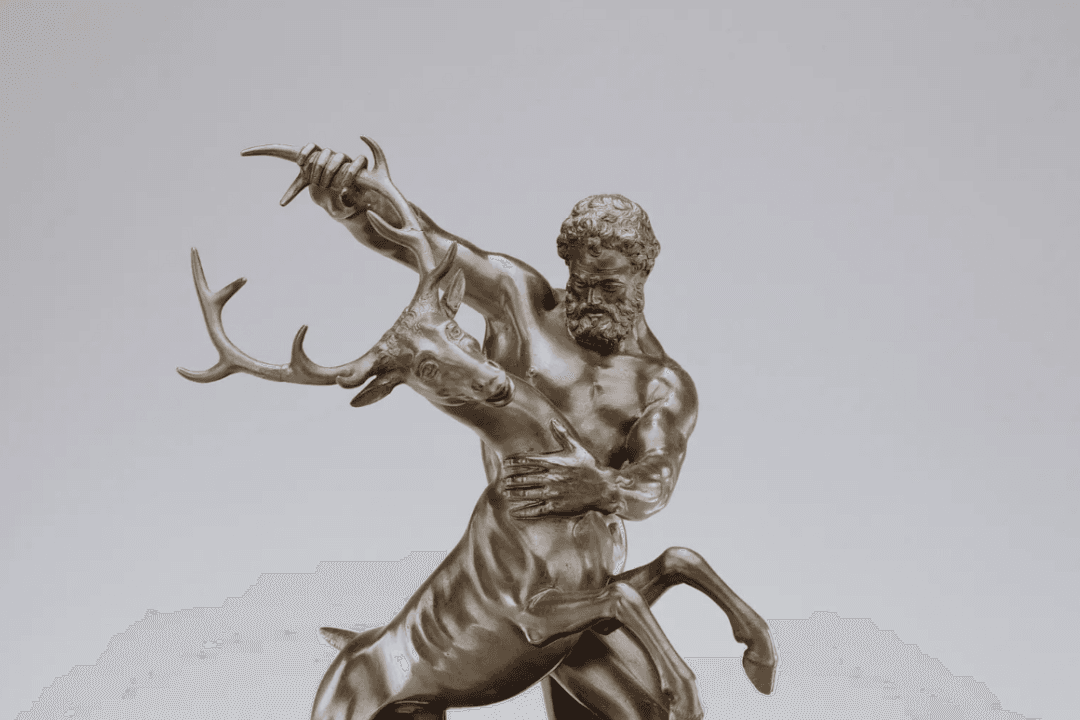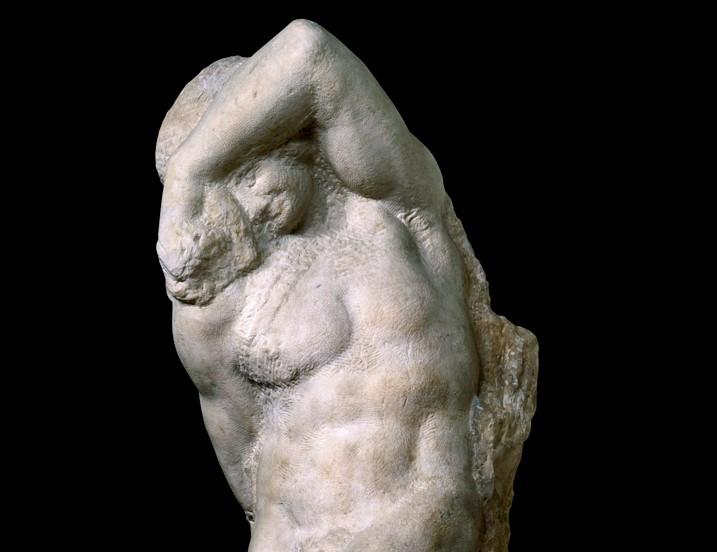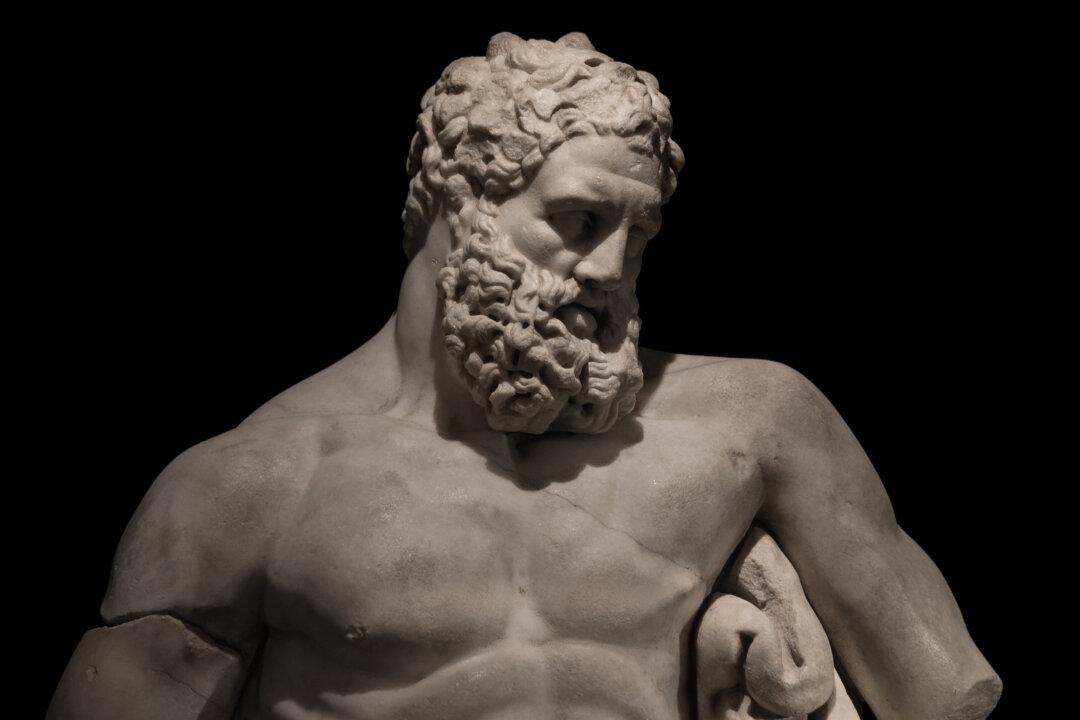Have you ever looked around and thought to yourself that there’s so much evil that it seems like there’s hell on earth? It seems like violence, lust, anger, dishonesty, and discord have become the norm. Or has it? Is there still positivity among us despite the steady stream of negativity?
In the last part of our series, we showed how Satan seduced Eve to eat the forbidden fruit from the Tree of the Knowledge of Good and Evil. In this final installment, we take a look at humankind’s fall from grace, the road built connecting Hell to Earth, and the hope after the Fall.

